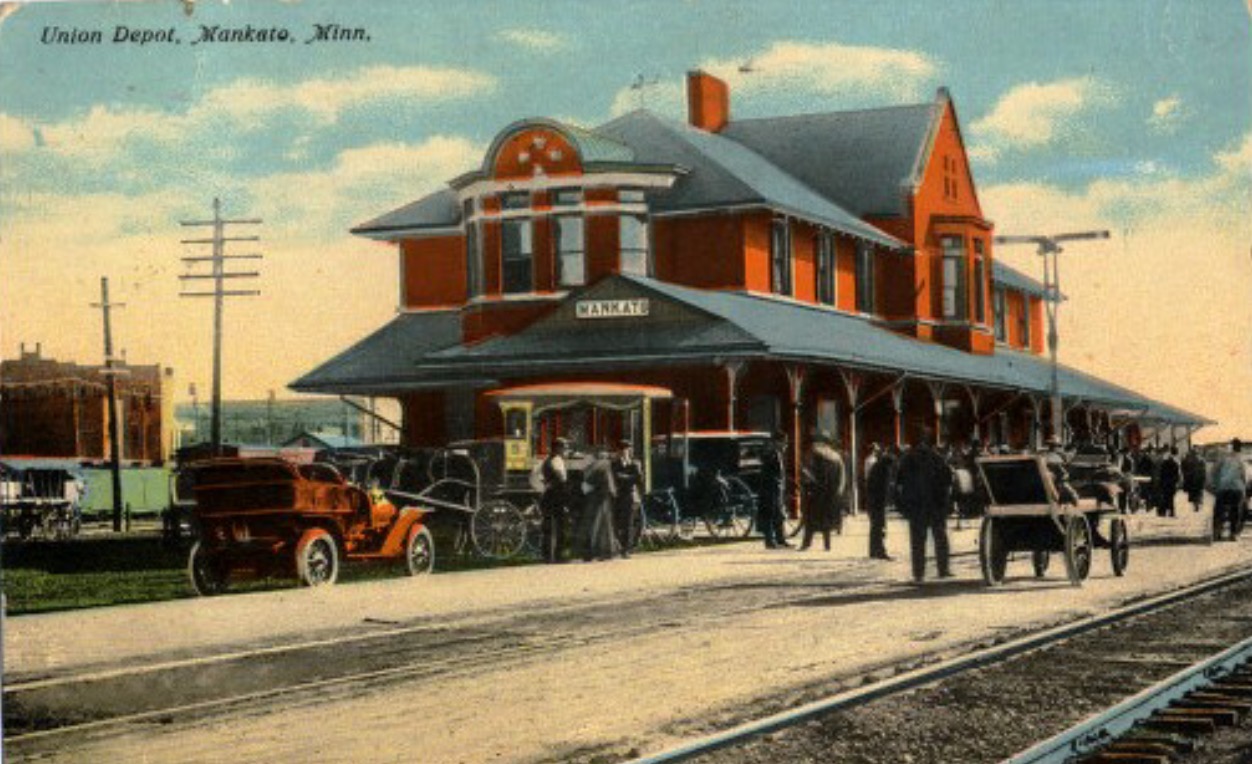How CIPP Helps Preserve Historic Buildings

Sewer line deterioration, water main breaks, and flooding are all things that no one can predict. Historic buildings and surrounding areas that experience any of these events can sustain catastrophic damage to the pipes. Cured-in-Place-Pipe (CIPP) technology is ideal for pipe repairs to help preserve and restore historic buildings.
CIPP Prevents Relocation and Demolition
Mankato, Minnesota, home to the historic railroad Union Depot, was one of the nine states severely affected by The Great Flood of 1993. During the flood, it was determined that the storm sewer lines that run under the street were jeopardized. Union Depot was one of the sites threatened by this instability. Obviously, relocating or demolishing a historic site, area, or building transforms history and is undesirable. Therefore, to preserve not only Union Depot, but also the entire recently renovated riverfront development area, the city used CIPP technology to ensure the pipes were stable.
CIPP is a trenchless pipe rehabilitation method that does not require digging or excavation of landscapes, streets, or pipes. Digging or excavating can impact traffic flow and disrupt other businesses. Historic buildings and the areas surrounding them are undisturbed when opting for CIPP technology.
From Top to Bottom
CIPP technology can also be used for damaged pipes located on top of historic buildings. For example, cast-iron pipes on the roof at Fort Zachary Taylor Historic State Park barracks in Key West, Florida, were originally intended to be used as a rainwater collection system. However, over the years, the pipes rusted resulting in the walls being continuously dampened. Since the pipes are embedded in the historic masonry of the barracks, digging to repair the pipes was impossible without damaging the structure. CIPP technology was used to repair the rainwater culvert quickly and effectively without causing any damage to the building’s structural history.
Saving the Streets
Many historic buildings are on or surrounded by brick-paved streets that were built at the same time as the structure. Digging trenches in brick streets is extremely disruptive, expensive, and destroys part of history. CIPP technology allows easy access to damaged or broken pipes without digging or excavating any part of a historical brick-paved street or the historical building on it.
CIPP Is Effective, Efficient, and Durable
Traditional pipe repairs can take days, and even months to complete. CIPP technology is performed is as little time as possible. In Decatur, Illinois, three water main breaks caused sinking and bowing of historic brick pavement on Macon Street. Using CIPP technology, all three breaks were repaired in just one day.
CIPP technology is strong and corrosion-resistant. The lifespan of CIPP repair is 30-50 years, depending on the type of repair. At Advanced Pipe Repair, we are dedicated to providing a long-term, cost effective, environmentally-friendly solution to your pipe repair needs.
Preserving historic buildings and the streets surrounding them is vital to our nation’s heritage. Hiring an experienced CIPP contractor who understands and appreciates this will not only help preserve history, it will prevent future problems and environmental concerns.
For an honest, conscientious CIPP contractor, contact Advanced Pipe Repair at 800-468-7668 or fill out the contact form and we will promptly respond.